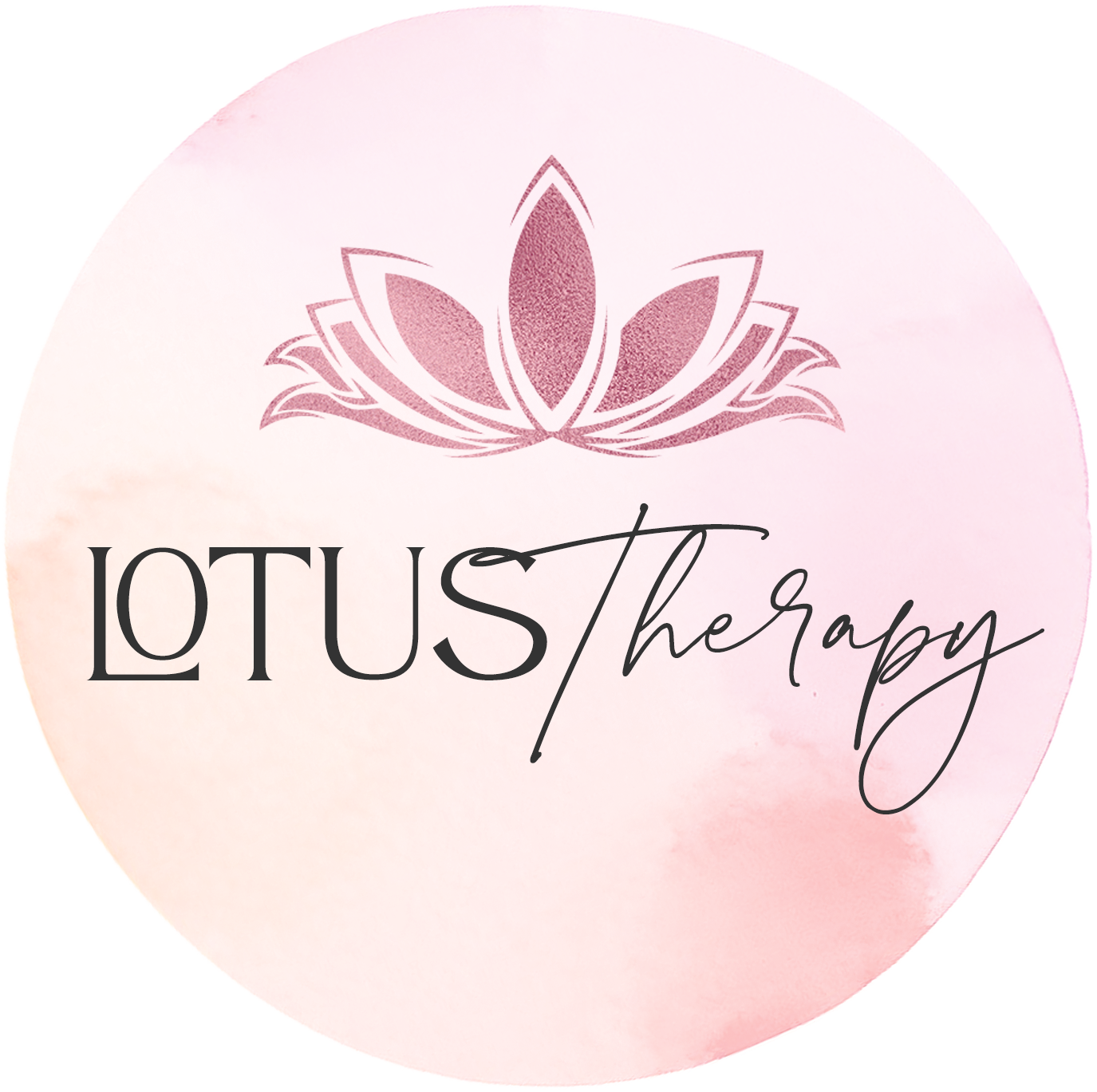Contempt
The Silent Relationship Killer and How to Stop It
Contempt is one of the most dangerous emotions in a relationship. Unlike frustration or even anger, contempt doesn’t just express disagreement—it conveys superiority, disdain, and disrespect. It erodes trust, breeds resentment, and, if left unchecked, can destroy a relationship from the inside out.
In fact, Dr. John Gottman, one of the most respected relationship researchers, found that contempt is the single greatest predictor of divorce. It’s not just harmful emotionally—it also affects your physical health, increasing stress levels and weakening immune function.
So, what exactly is contempt? Why is it so toxic? And most importantly, how can couples recognize and eliminate it before it causes irreversible damage? Let’s dive in.
What Is Contempt in a Relationship?
Contempt goes beyond simple irritation or frustration. It’s when one partner communicates that they are superior to the other—whether through sarcasm, name-calling, mockery, eye-rolling, or dismissive body language. It sends a clear message: "I’m better than you."
Some common examples of contempt include:
Mocking your partner’s feelings: “Oh, you’re tired? Try taking care of everything like I do.”
Sarcasm and name-calling: “Wow, real mature of you to forget again. Guess I have to do everything for the child in this relationship.”
Eye-rolling, scoffing, or dismissing your partner’s concerns.
Comparing your partner negatively to others: “Why can’t you be more like my friend’s husband? At least he knows how to plan a date night.”
Minimizing or invalidating your partner’s struggles: “Oh, please. You think your day was hard?”
Contempt isn’t just a moment of irritation—it’s a pattern of communication that conveys disrespect and disgust. It makes one partner feel small, unheard, and unvalued, which is why it’s so destructive.
Why Is Contempt So Harmful?
Contempt poisons a relationship in ways that other negative emotions don’t. Here’s why it’s so damaging:
1. It Destroys Emotional Safety
When contempt is present, your partner doesn’t feel safe being vulnerable with you. They may start shutting down emotionally, avoiding conversations, or walking on eggshells.
2. It Creates Resentment and Distance
Being on the receiving end of contempt feels humiliating. Over time, resentment builds, and instead of feeling like partners, you start feeling like enemies.
3. It Weakens the Immune System
Believe it or not, contempt isn’t just emotionally toxic—it’s physically harmful. Gottman’s research found that people in contempt-filled relationships are more likely to suffer from illnesses and weakened immune function due to chronic stress.
4. It Kills Love and Attraction
Nothing makes a person feel more unloved than being belittled or dismissed. Contempt chips away at affection, making intimacy and connection nearly impossible.
How to Recognize Contempt in Your Relationship
It’s not always easy to spot contempt, especially if it has become a habit. Ask yourself:
Do I often feel the urge to roll my eyes or sigh dramatically when my partner speaks?
Do I use sarcasm or mocking tones to express frustration?
Do I secretly—or not so secretly—believe that I’m smarter or more capable than my partner?
Do I often compare my partner negatively to others?
When my partner expresses hurt, do I dismiss it as an overreaction?
If you answered “yes” to one or more of these, contempt may be creeping into your relationship. The good news? You can stop it before it does permanent damage.
How to Replace Contempt with Respect and Connection
1. Practice Gratitude Instead of Criticism
Contempt thrives in an environment of negativity. The antidote? Appreciation.
Make it a daily habit to notice and express gratitude for your partner’s efforts, qualities, and contributions. Even small things, like “Thank you for making coffee this morning,” help shift the focus from criticism to appreciation.
2. Shift Your Mindset: From Superiority to Partnership
Contempt often stems from seeing yourself as “better” or “more competent” than your partner. Instead of thinking, “Why can’t they just do things right?” reframe the thought to: “We are a team, and we have different strengths.”
Partnership isn’t about one person being right all the time—it’s about understanding and valuing each other’s perspectives.
3. Use Gentle Startup in Conversations
If you’re frustrated with your partner, don’t start conversations with blame or sarcasm. Instead, use a gentle startup, which focuses on your feelings and needs rather than attacking your partner.
Contemptuous: “Wow, you never think about anyone but yourself. Must be nice.”
Gentle Startup: “I felt overwhelmed today, and I’d really appreciate it if we could share responsibilities more evenly.”
Starting a conversation softly makes it more likely that your partner will listen without getting defensive.
4. Practice Active Listening and Empathy
Contempt grows when partners don’t feel heard or valued. Instead of dismissing your partner’s concerns, try truly listening—without interrupting, judging, or minimizing.
Try this:
Make eye contact and put away distractions when your partner is speaking.
Validate their emotions, even if you don’t agree: “I see that this is really important to you.”
Reflect back what you hear: “So you’re feeling frustrated because you don’t feel supported. Did I get that right?”
When people feel heard, contempt has no room to grow.
5. Seek Support if Needed
If contempt has become a deeply ingrained pattern in your relationship, breaking the cycle can be challenging. Couples therapy can provide tools, guidance, and a safe space to rebuild mutual respect and connection.
The most important thing? Don’t ignore contempt. It won’t go away on its own, and the longer it lingers, the more damage it does.
The Bottom Line
Contempt is one of the most destructive forces in a relationship, but it’s not inevitable. By recognizing it, replacing criticism with appreciation, and committing to respectful communication, you can repair trust, restore connection, and strengthen your relationship.
If you’ve noticed contempt creeping into your relationship and want to create a healthier, more loving partnership, I’m here to help. Reach out today to schedule a consultation, and let’s work together to rebuild respect and connection in your relationship.
As a couples therapist based in Lakeland, Florida, I offer personalized counseling services to help couples strengthen their relationships. If you feel that professional help could benefit your relationship, don’t hesitate to reach out! If you're looking for something more personalized, I invite you to contact me for a consultation or book a session. Together, we can work towards building a more intentional and fulfilling relationship.
Written By: Crystin Nichols MS, RMFTI

